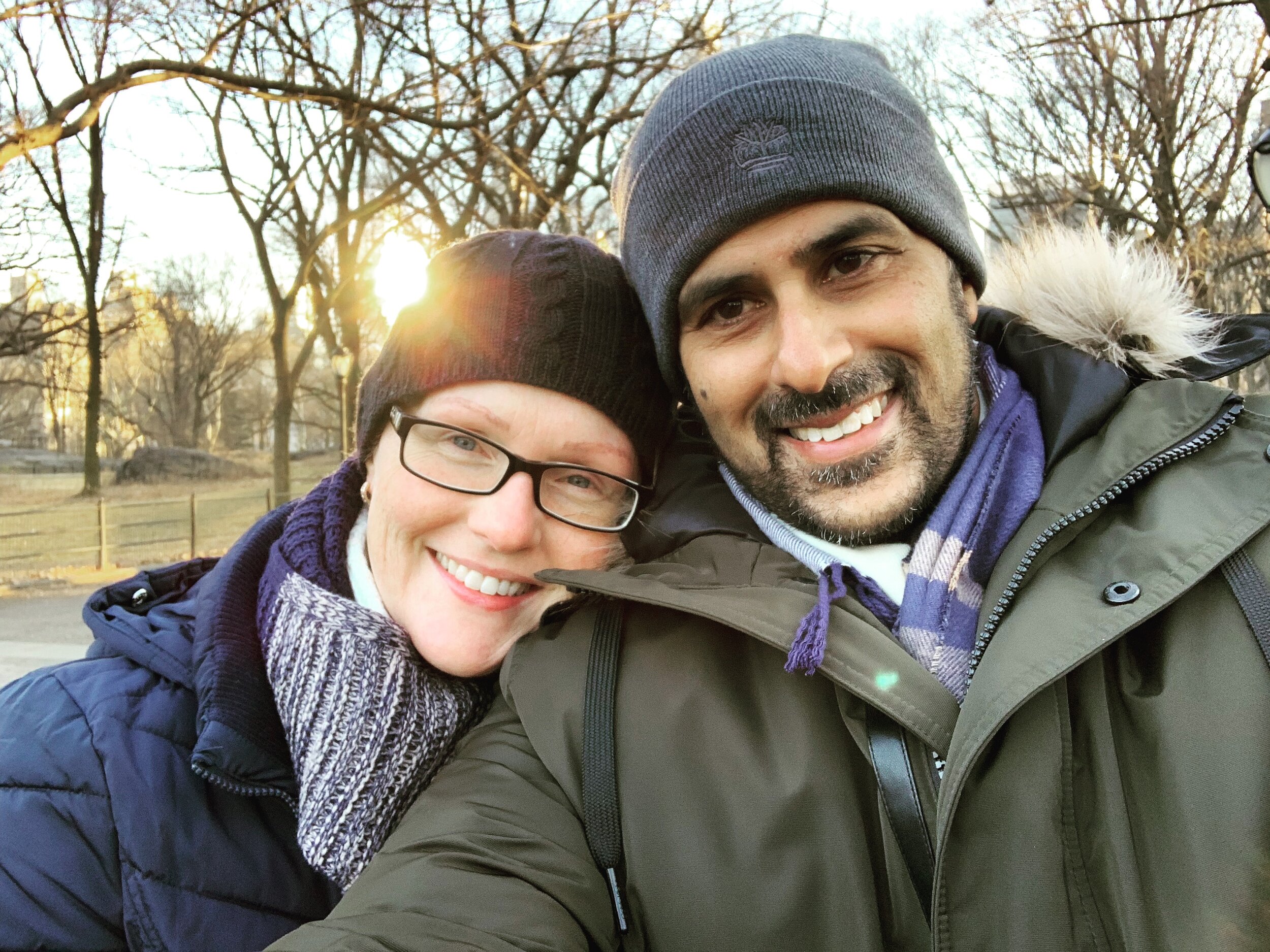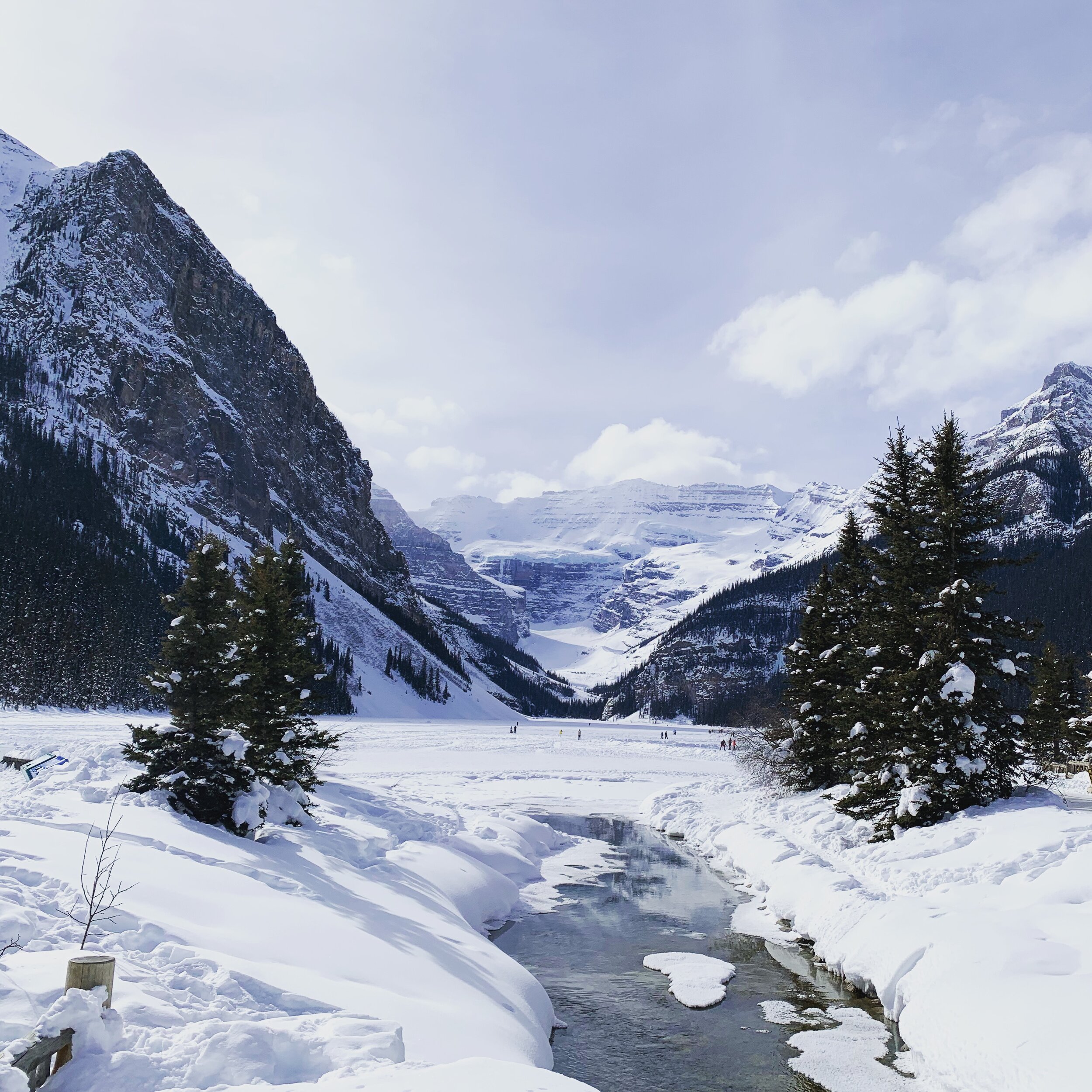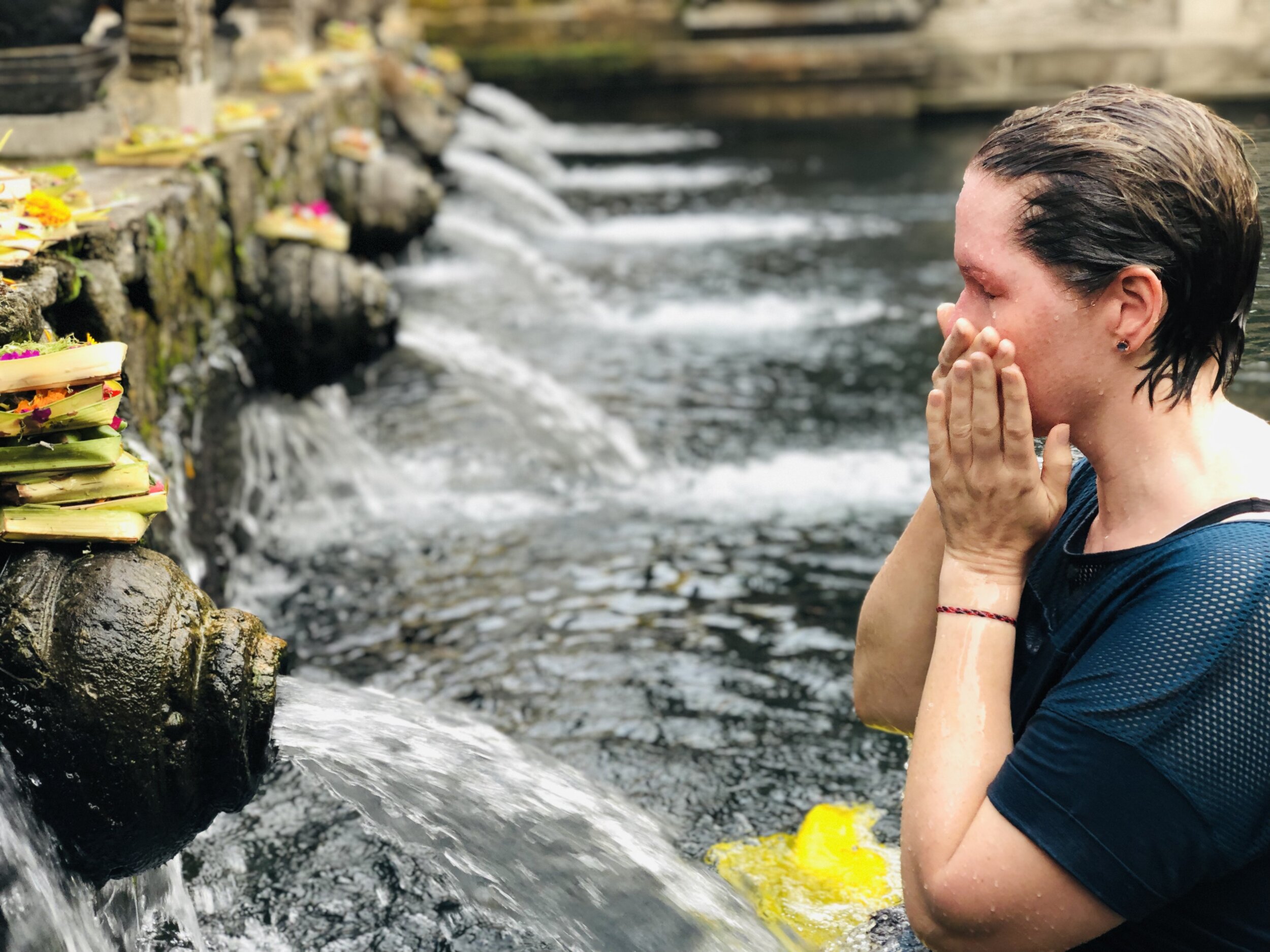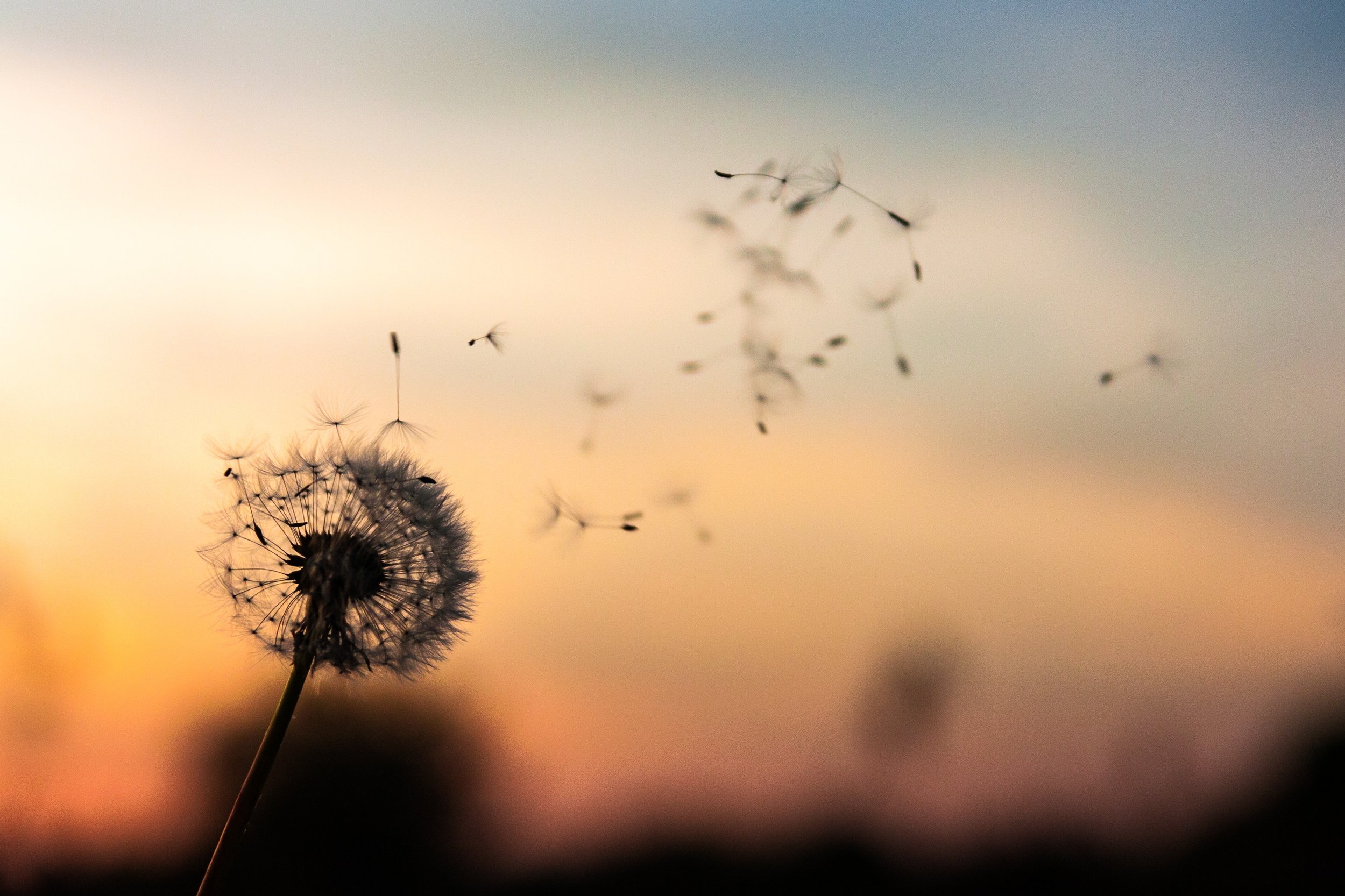Recently, I had the privilege of speaking at the inaugural Parliamentary Friends of Women’s Health event on 24 March 2021, held at Australia’s Parliament House in Canberra, co-chaired by Peta Murphy MP and Lucy Wicks MP. This speech was written from my perspective as a cancer thriver and a consumer representative for the Breast Cancer Network of Australia (BCNA).
“Breast cancer used to be thought of as a post-menopausal disease.
But today, we know that it can also affect:
22 year women with big dreams at the start of big careers
35 year old women juggling 3 kids, a full time job and aging parents.
Women in same sex relationships, with a disability or mental health illness.
Women experiencing family violence, who are refugees, or from remote indigenous communities.
Women like me, just turned 40, hopeful at the prospects of finally becoming a mother, who instead become infertile as a result of treatment.
And the small but significant group of men who are diagnosed each year.
Most of you in this room would have had direct experiences with cancer, either as someone who has personally been through treatment, or someone you love or work with. It’s inevitable these days. If you were to look to your left or right, the statistics will quite literally be staring you in the face – 1 in 2 of you will be diagnosed with a form of cancer before you’re 85.
While I feel incredibly special to be standing here with you all today at this forum, there’s nothing special about my story. But the fact that it’s not special, that over 20,000 women will walk in my shoes this year, tells me that our perspective of cancer, and how we support people living through cancer, needs to change. Because mine has.
In a former life many years ago, I designed and implemented social policy and system reforms, and my engagement with consumer groups was just enough to tick the box of ‘stakeholder input’. But more recently, I’ve switched sides as a user of those systems, and finally have an understanding of how little I knew before I had actually lived it.
My experience of a cancer diagnosis started out like it would for most … as a bombing victim. Sitting in a room, alone, with a doctor, hearing those words “You’ve got cancer.”
And then an explosion threw me into the wall.
Dust and shrapnel flying everywhere.
This incessant ringing in my ears.
I couldn’t hear anything except screaming inside my own head.
The residue covered me like a thick suffocating blanket of fear.
I couldn’t breathe.
I couldn’t feel my legs.
I couldn’t feel anything.
To this day, I barely have any memory of the conversation with the doctor. I don’t even recall how I got home. All I remember is thinking I’m going to die.
I may not have ended up in an emergency department that day, but for anyone who has lived it, it’s trauma. And that was three years ago, almost to the day. The 29th of March 2018.
I won’t take you through the details of my treatment, because despite its debilitating effects, I know that it is a necessary evil that gives me the best chance of staying cancer-free. What I do want to focus on is the shock waves of the Cancer-bomb that caused more damage in my life than the 12 months of medical treatment.
By the end of my treatment, not only did I find myself $20,000 in debt with medical bills, and 20 kgs heavier from all the treatment and chronic fatigue, but I was also walking around with a cancer carcass strapped to my leg. I would ask myself ‘Can people see it when I walk by? Do they know that I had cancer?’ It’s part of what I refer to as my ‘post traumatic treatment disorder’. It attached itself to me when I walked out of the hospital on my last day of treatment.
As far as the medical model was concerned, I was ‘cured’. My multi-disciplinary specialist team of oncologists, surgeons and nurses had vanished. Just because my hair started to grow back, people had presumed that I was ready to go ‘back to normal’. But I felt anything but normal. I was in fact very alone. No follow up plan. No referrals to allied health. No mention of what to expect with returning to work, how to reconcile the disintegration of my closest relationships, my skewed self-identity, my permanently altered world view that only comes from staring down mortality.
I had officially entered the post-cancer stage of ‘survivorship’. But I remember thinking: ‘Is surviving enough?’ Survival is a bare minimum threshold – we basically just need a pulse. Shouldn’t we be aiming for more than that? To do better than that? To Thrive, not just survive? If it was anyone’s daughter, mother, partner, friend – wouldn’t they deserve more in their life? If it was you? Wouldn’t you demand more out of your life?
My last day of treatment should instead have been the first day of my long-term psychosocial recovery plan. I wanted to go back to work, to understand who I was in the world again. But I had no clue how to do it, let alone how to navigate the complexity of ‘the health system’ on my own.
Unlike most people, I had the benefit of income protection insurance to keep living expenses at bay while I was going through treatment for 12 months. But then I ended up having to project manage my own recovery to feel ready enough to go back to work. I created my personal multi-disciplinary support team of Naturopaths, Exercise Physiologists, Lymphoedema Physiotherapists, Dieticians, Nutritionists, and Psychologists. Even now, I still engage in some of those support services. Because, to commit to a quality life, I view my recovery as ongoing.
I’m now back working as an executive with the Vic Govt in the COVID 19 response. And I’m able to contribute socially and economically once more. But unfortunately, again, this is not the common experience of others.
If I was to add up the cost of those preventative and supportive services, it would no doubt still be cheaper than the costs that I would have imposed on the system had I developed a mental illness, lost my job and had to seek welfare support, joined the list for public housing, and gone back and forth through the revolving hospital door with any number of physical side effects and chronic pain.
At the most basic level, patients are people.
And systems are made up of people.
Change can only come about through people making different, informed decisions.
From the recent national health consumers forum last week, there was a growing sense that a revolution is coming.
COVID showed us all what revolutionary change looks like and how fast it can happen. Flexible innovative health service delivery such as telehealth. Doubling of Medicare-supported mental health sessions. Financial assistance pathways for those who couldn’t work, whose businesses were failing; and legal protections for people at risk of losing their homes.
We all saw a superman-strength in our health care workers. And a new-found value for human kindness and wellness.
It has all shown us the critical need to view a health crisis not simply as a physical health response, but within the context of someone’s family, job, income, home, their emotional support needs and community connections.
This holistic view of a pandemic response on a national and global level shows us what is possible and what is needed for a holistic cancer response on an individual level. To move us closer to achieving a ‘wellness’-inspired definition of health, like the one offered by the World Health Organisation, where physical, mental and social well-being are equal component parts, rather than just being the absence of disease.
In the cancer world, it’s the policy makers, political leaders, and medical researchers that can reach for their superman cape with the power and privilege of being able to change someone’s cancer story. It may not ultimately save their life, but it can improve the quality of the life they have left, and for those they will leave behind. To tell them that their recovery, not just their treatment, matters.
So now, 2 years after finishing treatment, my relationship with cancer has changed again. I now have cancer’s ghost that stands beside me everywhere I go reminding me of the randomness of Life. Sometimes it laughs in my face, mocking me when I make plans, whispering “What if it comes back?”.
But days like today, that ghost also inspires me to be bigger than the disease. Bigger than my personal story. Becoming involved as a Consumer Representative with BCNA drowns out that voice of fear through connectedness, knowingness, humanness, and hope.
I too now wear a superman cape (a bright pink one) as a Consumer Rep. Instead of being a box to be ticked on an engagement checklist, I can be formally recognised as a policy adviser, a thought leader, a quality assurer, a teacher. To be a cancer thriver, not just a survivor.
To truly give effect to the commitments of co-design and consumer-led care, people like me not only need a seat at the table. We’ve earned the right to have a vote when the decisions are being made. How else can the health system achieve its goal of being re-engineered around prevention, not just treatment; from being designed around people, not just patients, and from actively seeking out consumers as a valued expert, not just a story-teller.
Let us, the people who have lived through it, let us be the ones to help make better choices.
Somewhere between Obama and Oprah, it is well accepted that we can all do more than we think we can, but we can’t do it alone. Thank you”.






















